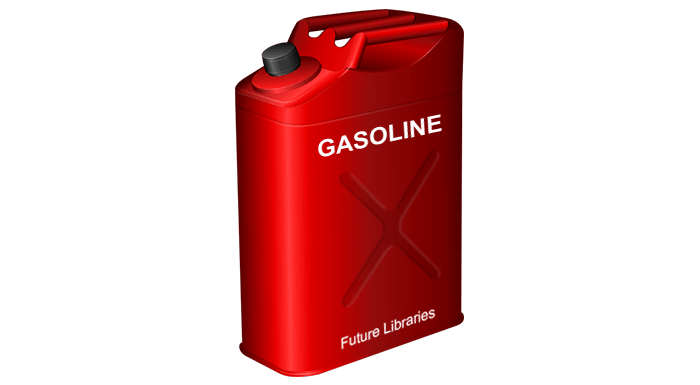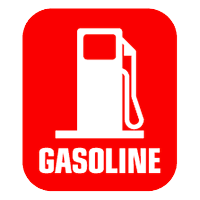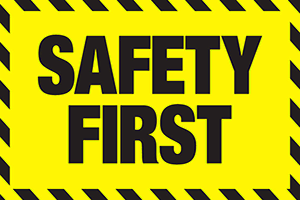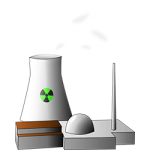
Gasoline, which is also called gas or petrol depending on where you are, is a transparent and highly volatile flammable liquid that is used as a fuel for motor vehicles, machinery and equipment as well as many other things. Gasoline is a petroleum-derived product that was first used over a hundred and fifty years ago.
Gasoline became the fuel of choice for automobile makers fuel because of its high energy combustion as well as its ability to blend perfectly with air in an automobiles carburetor or other similar fuel intake system.
Gasoline is mainly comprised of organic compounds that are obtained by distillation of the natural product, petroleum. It is then enhanced with a variety of different additives. Gasoline is also commonly used as a solvent for fats and oils.
Gasoline is used across the globe for many various purposes such as for a fuel in many different internal combustion type engines. It helps to operate our vehicles, thereby it enables us to go to work and do our jobs.
Gasoline also helps us to take care of our gardens that we have by powering gas operated garden tools. Gasoline also is used to run many boats, motorbikes as well as other gas operated vehicles.
However, gasoline can be very dangerous if it is not handled safely or disposed of in a proper manner. Gasoline can have a quite significant impact on our environment, both around the globe as well as locally.
Gasoline can also get exposed to the worlds environment in the form of vapors and its liquid form, resulting from any leakage from its storage and its handling when it is manufactured, as well as from any spills of storage vessels and tanks.
Gasoline should be used only for its sole and intended purpose and it should be stored only when storage is needed. The following ways listed below are some of the proper ways of disposing of gasoline.
Safe Gasoline Disposal and Storage Methods
✦ Gasoline should only be placed inside of approved and well labeled containers for its proper disposal.
✦ Gasoline can be poured into your vehicle’s fuel tank by using a funnel if you are not fueling your vehicle from a gasoline / filling station.
✦ You may also contact a local fire department and be informed about some of the safe disposal methods of gasoline. Some might even be able to take the gasoline from you or tell you where a licensed disposal site is located in your area.
✦ There are also some organizations that can help to assist you in the disposal of gasoline in a safe manner. Check the section in yellow pages under “Government” to help you locate any organizations regarding gasoline recycling and hazardous types of waste disposal centers. Their services of these centers will cost you for disposal, but this is much better than having to suffer any consequences you might incur, financially, criminally or otherwise with disposing of any gasoline dangerously.
✦ Old cans that were used for gasoline storage should always be filled with water and then taken to a gasoline recycling center if they are no longer needed. If you can not find a gasoline recycling center available in your area, contact a local service station as they will have information that could help you.
✦ You might also be able to contact a local auto mechanic or automotive parts store. Some of these will also accept gasoline for recycling, but there is sometimes a disposal fee charge.
✦ Any household rags that are soaked with gasoline or any other oil-based solvents should always be dried out first, in the air before you dispose of these in your garbage.
Warnings and Precautions
✦ Never keep or store gasoline near heat, flames or areas subject to sparks.
✦ Gasoline should never be disposed of by pouring it into a rivers, lakes or any other bodies of water, sewers or in to any drains. These actions are extremely harmful to the environment and could result in a fire, an explosion, or it could also result in surface and/or groundwater contamination.
✦ Never dispose of any gasoline in traditional waste water treatment facility plants or septic systems.
✦ Containers used for gasoline storage that will left unattended for many years should be discarded of, so to avoid any risks associated with the of keeping flammable liquid substances around.
If you have a question or comment on the article above the please feel free to leave us a reply below.








